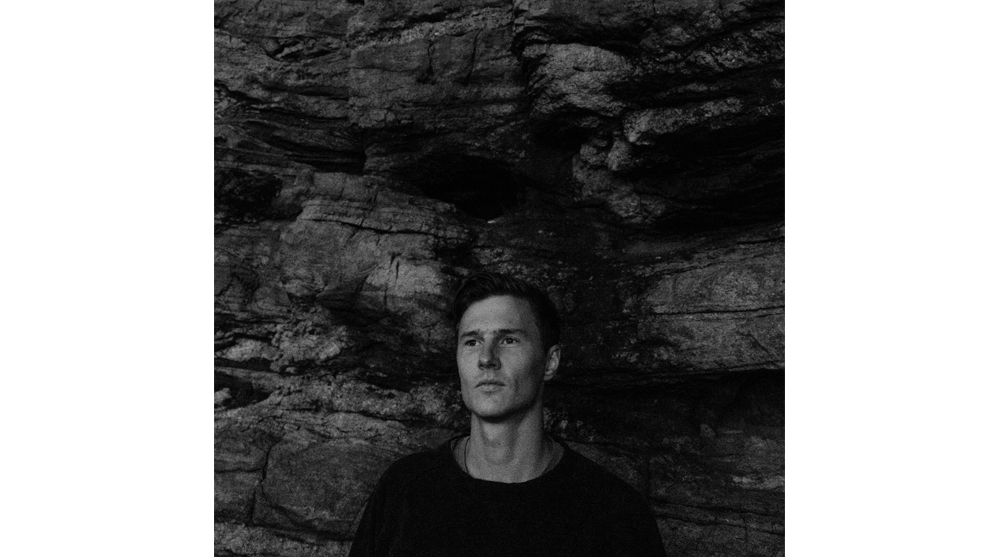We’d like to take the opportunity to introduce you to the winner of the Honorable mention of our “Iceland Volcano Museum” competition - Craig Nener from Australia!

Craig Nener from Australia
Grotto has been a growing opus of architecture, design and art since finishing my Master’s, however, the name only came recently. It was while exploring the natural and man-made caves (grottos) of Portugal in 2018, from the coast of Lagos to the masonic grottos of Sintra. The definition and category of the word seemed to resonate with the work that myself and my friends were interested in. The studio is nimble, as it collaborates with other architects, artists and designers when the project calls for it. I find this agility to be necessary today as the traditional form of the architect is waning as culture evolves, we as designers must stay ahead in order to survive and influence.
Brief information about the projects that you/your company have been involved with. For instance what scale have you focused on/preferred, any significant projects where company/ individuals have been involved?
Before Grotto, Craig had been involved in various scales of projects, commonly residential and hotel typologies. Namely, The Tiing in Bali, Indonesia (built) and a wellness resort in Arrabida, Portugal (unbuilt) both of which are World Architecture Festival (WAF) 2019 shortlisted projects. Currently, Grotto’s projects consist of small, intimate and meaningful projects in residential alterations, and speculative architectural newness based in Western Australia. The intimacy of the home or any place to dwell in fact can have the most affecting memories, the refuge, the outlook and the sense of calm a home can provide encompasses most of the power architecture has for any individual.
What does architecture mean to you and what is the role of an architect in your society?
Architecture is a totality. The built form is an expression of what we value, the risk we take on investment and the intention we place on our identity that encompasses our total understanding of who we are and what we consider to be meaningful as a society. To me, architecture has limitless potential to enrich the lives of everybody. But that potential is bound. Bound by everything that drives up our society, our economy and our culture. This is the totality that contextualises architecture as a muddy reflection in and of itself.
Where I’m from, the understanding of what architecture is, is greatly misunderstood by most of the population as is such in a young country with little to show for our heritage or any preserved indigenous infrastructure. Therefore, we are left with a majority of modern, post-modern and internationalist styles of architecture. Yet you’ll find many Australians anywhere you travel in Europe saying how much they love the architecture there. This places the role of the architect in a strange predicament – either to continue to comply with internationalist architecture or to iterate a lineage of conscious human architectural development to form our own identity based on the cumulative knowledge of a couple dozen centuries of architectural thinking and most paramount – 60,000 years of territorial understanding?
Why do you participate in architecture vision competitions?
I often do competitions when what I’m practicing day to day becomes stagnant, repetitive or too easy. A competition is an opportunity to sharpen the blade, explore and experiment with a different typology and to challenge myself to test my ideas amongst others with a similar drive.
What advice would you give to individuals who struggle to decide whether it would be beneficial for them to participate in architecture vision competitions?
Some advice I’d give to those on the fence about doing a competition would be to do your research first and to ask yourself one thing: does this brief have the right parameters to test whatever theory, idea or avenue you’re interested in at that time. A vision competition is just a medium for an idea to present itself as the means to presenting yourself or your studio. Doing your research on the subject before registration allows you to feel confident to have some substance in what you propose if you are to commit to it. There’s no use in doing it the other way around as you may not find what you’re looking for to test your idea, which will result in hollow and meaningless work.
Top 3 Reasons Why You Should Enter Architecture Competitions
Curious about the value of architecture competitions? Discover the transformative power they can have on your career - from igniting creativity and turning designs into reality, to gaining international recognition.
Learn more




























